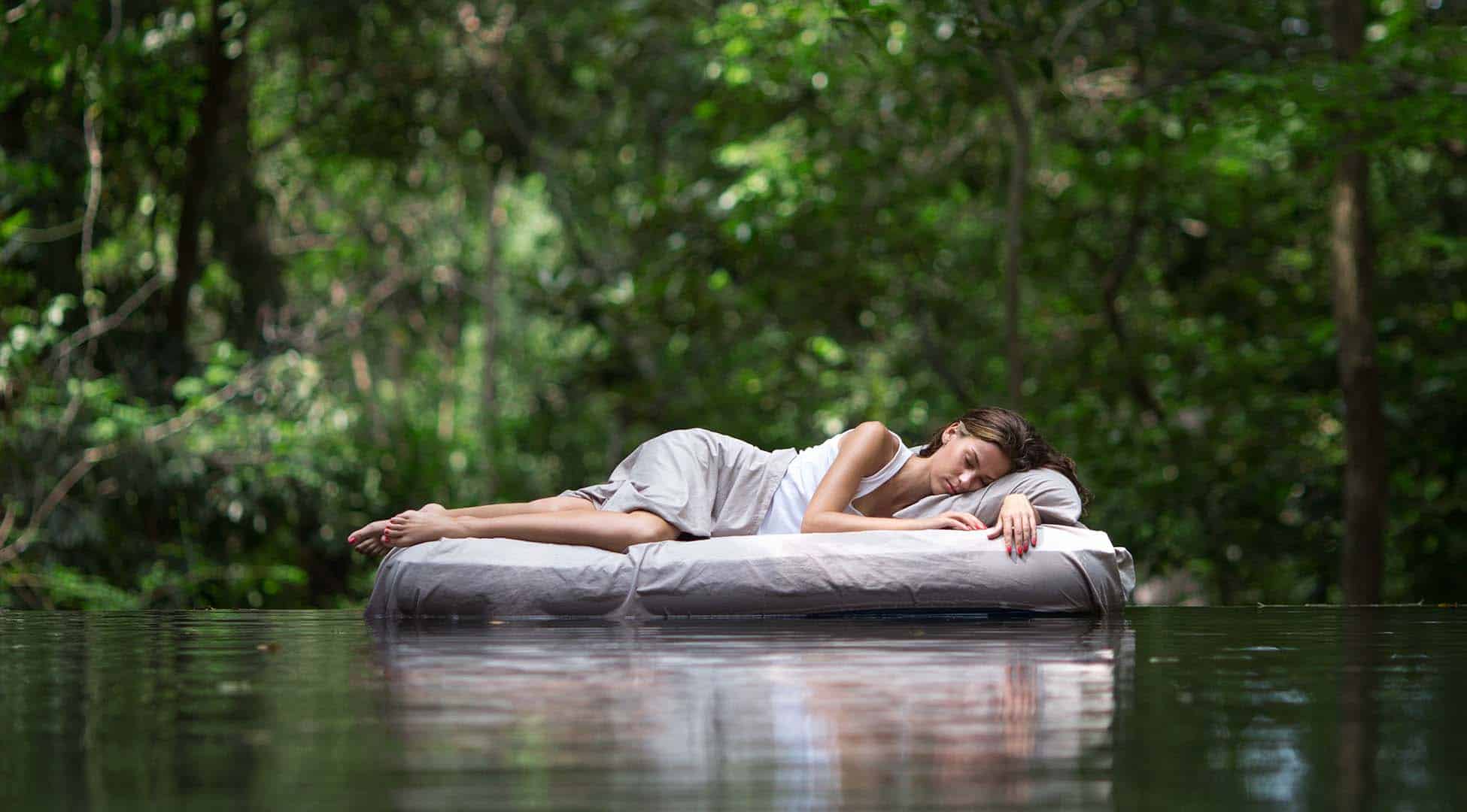In an era where wellness is wealth, a new trend is emerging in the luxury travel sector: sleep tourism. As travelers increasingly prioritize health and well-being, high-end hotels and resorts are transforming into havens of hibernation, offering scientifically backed sleep experiences that promise to rejuvenate even the most exhausted guests.
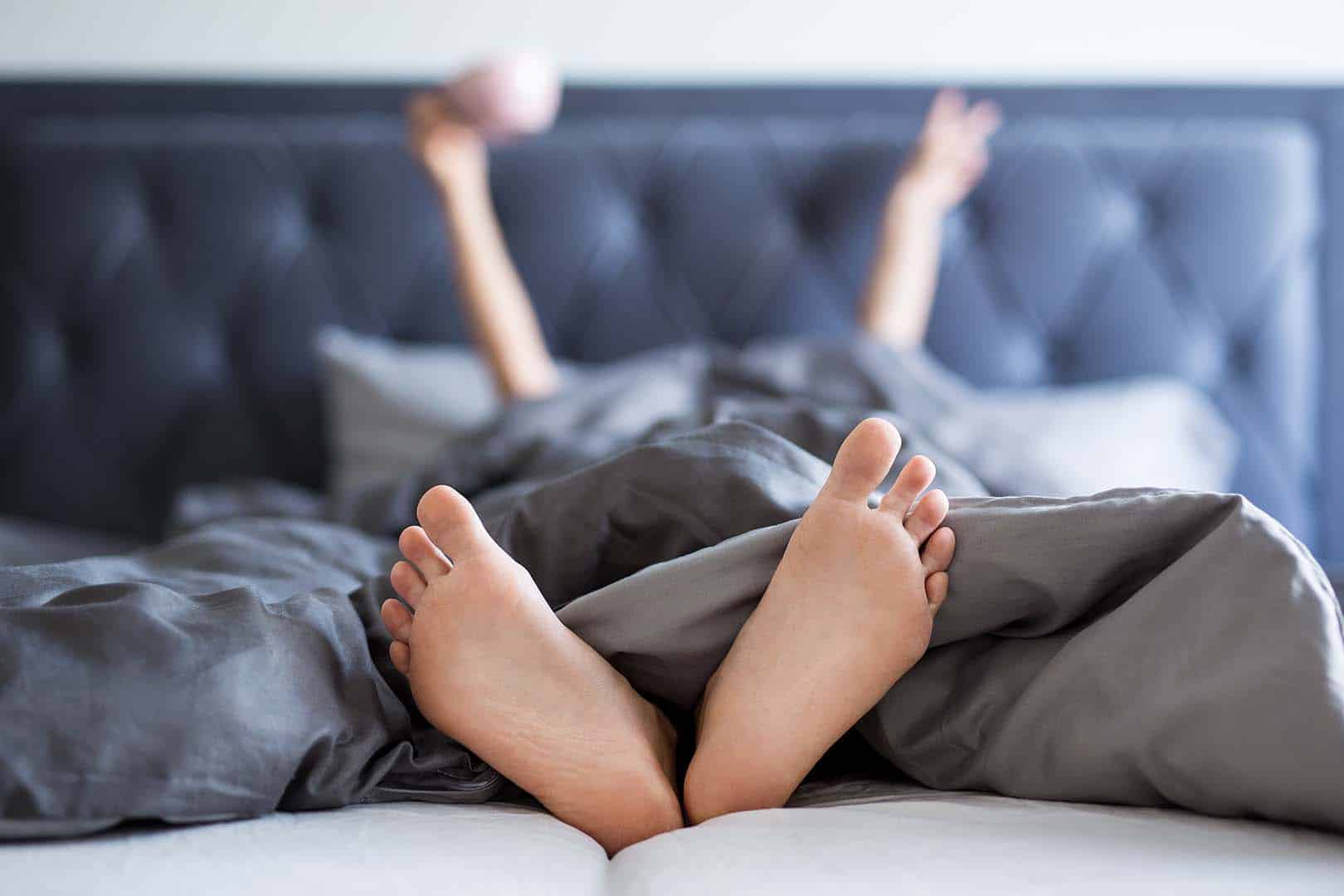
The Science of Sleep Hospitality
Gone are the days when a plush mattress and blackout curtains were enough to impress discerning travelers. Today's sleep-focused properties employ sleep specialists, neuroscientists, and cutting-edge technology to design experiences that optimize every aspect of rest.
“We're seeing a fundamental shift in how luxury hotels approach the sleep experience,” says Dr. Rebecca Chen, a sleep specialist who consults for several five-star hotel brands. “It's no longer just about the physical comfort of the bed—it's about creating a comprehensive ecosystem for sleep.”
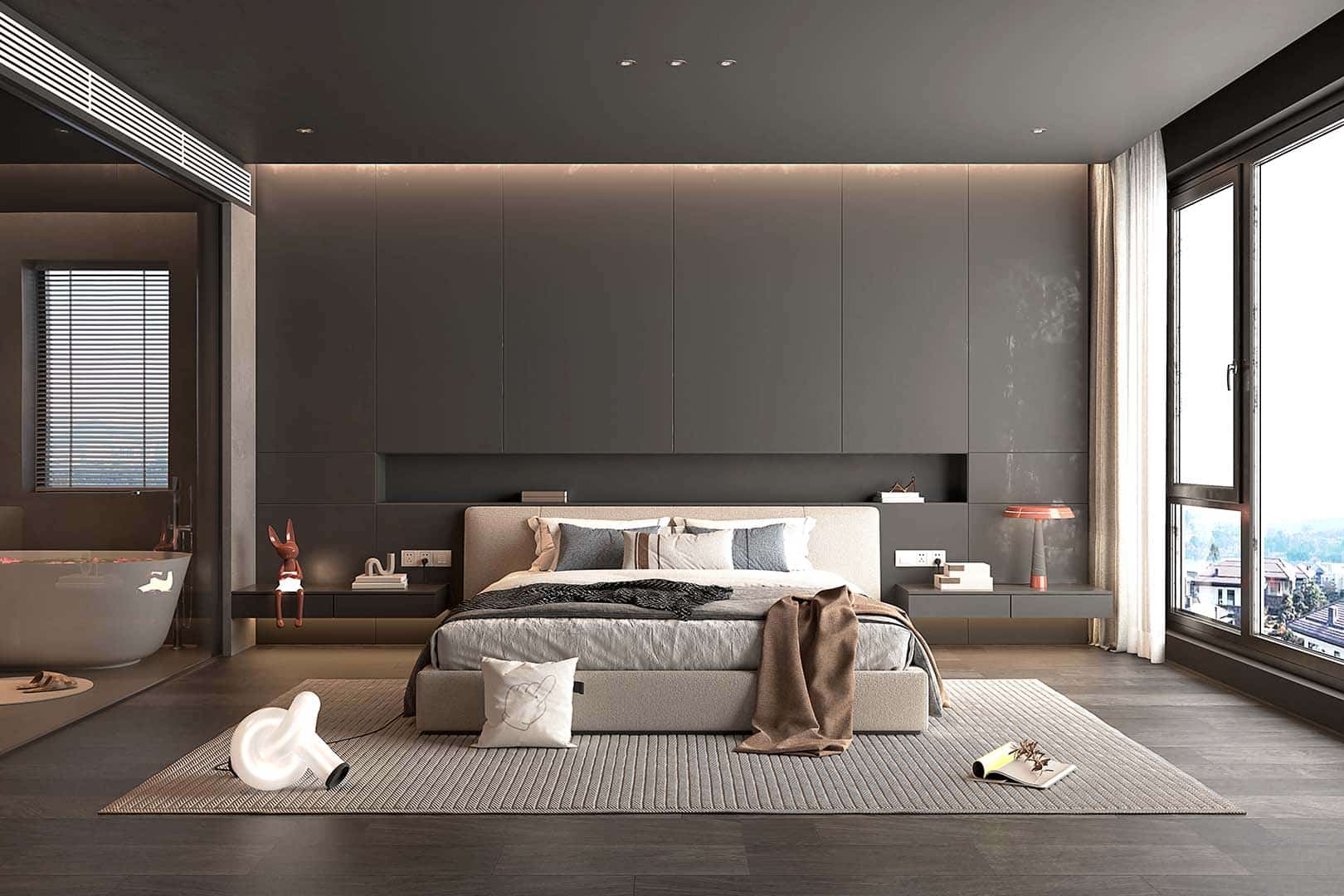
Beyond the Bed
Modern sleep tourism encompasses a range of sophisticated offerings:
- Circadian lighting systems that automatically adjust to support natural sleep patterns
- Sleep-tracking technology that provides guests with detailed analysis of their rest quality
- Customizable aromatherapy programs featuring sleep-inducing scents
- Dedicated sleep butlers who curate personalized bedtime routines
- Specialized menus featuring sleep-promoting foods and beverages

The Price of Perfect Sleep
Luxury properties are investing heavily in sleep-focused amenities, with some suites commanding upwards of $1,000 per night. The Park Hyatt Tokyo's “Sleep Suite” features a $25,000 smart bed that adjusts its temperature and firmness based on individual sleep patterns, while Switzerland's Grand Resort Bad Ragaz offers medical-grade sleep assessments as part of its wellness program.
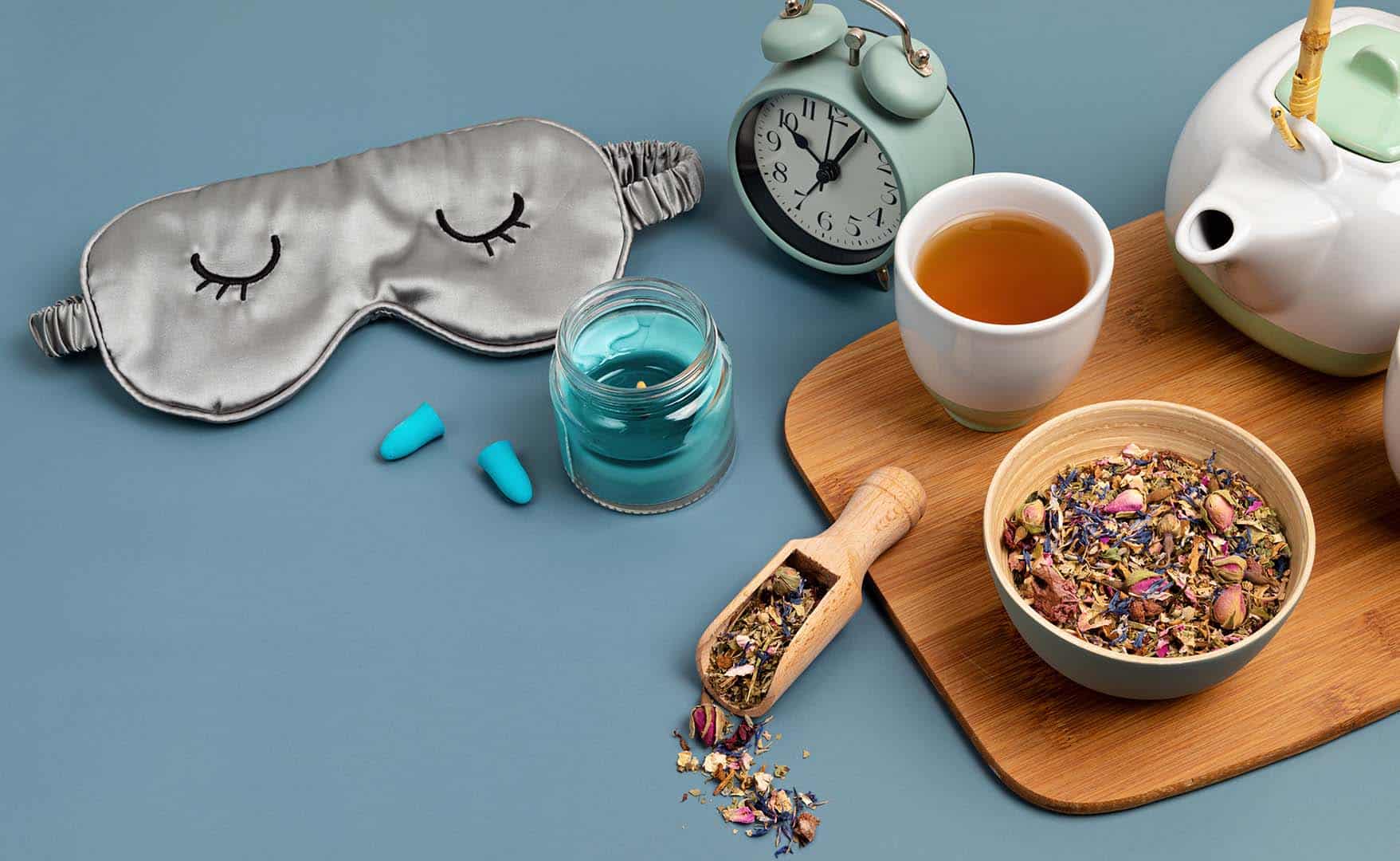
Why Now?
The rise of sleep tourism reflects a broader societal shift. In our always-on digital world, quality sleep has become the ultimate luxury. Studies show that more than 30% of adults struggle with insomnia, and the global pandemic has only exacerbated sleep issues.
“People are realizing that good sleep is fundamental to both physical and mental well-being,” explains Maria Santos, wellness director at Six Senses Hotels. “They're willing to invest in experiences that help them rebuild healthy sleep patterns they can maintain at home.”
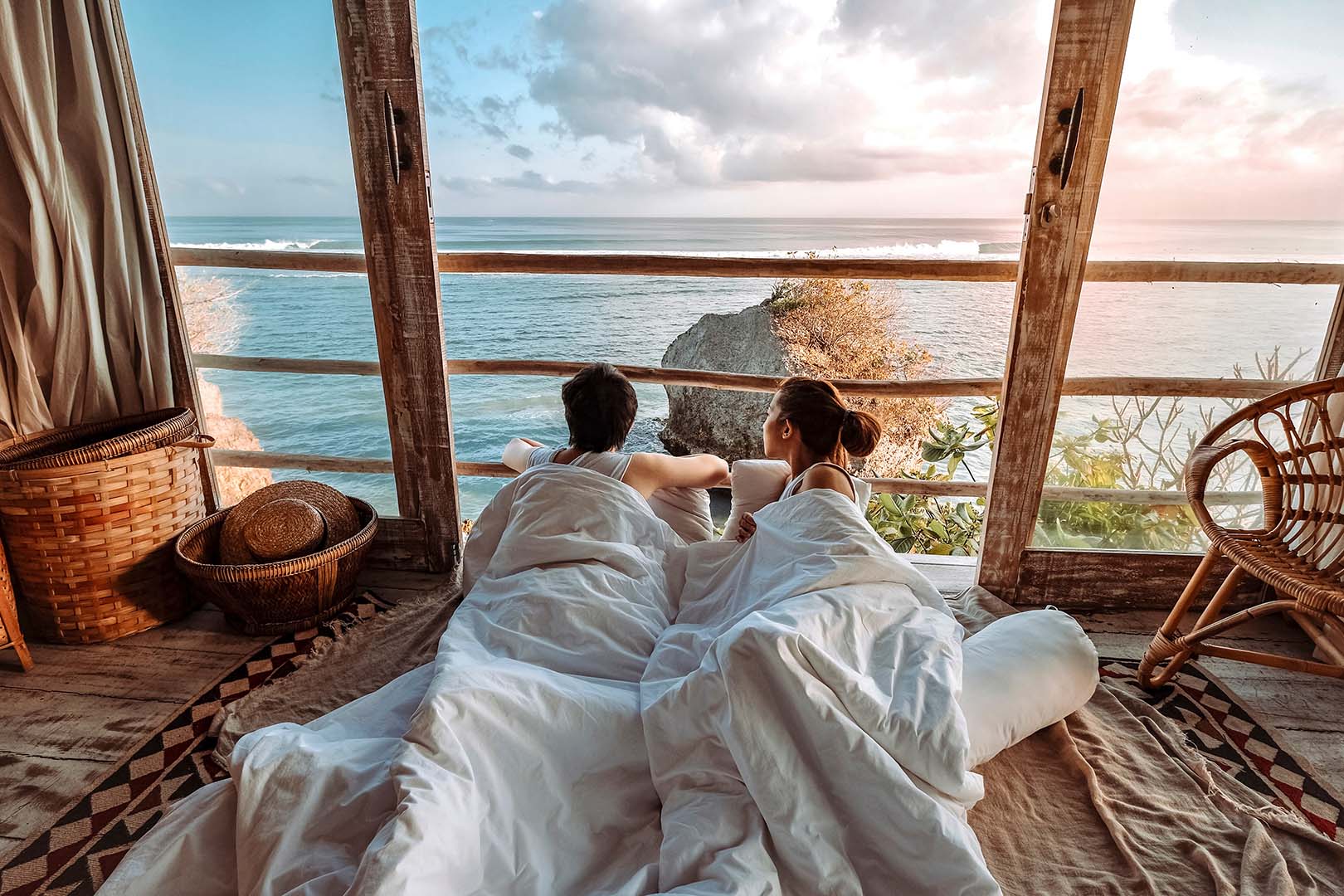
Looking Ahead
As the sleep tourism trend continues to evolve, we're likely to see even more innovative offerings. Some properties are already experimenting with sleep-focused architectural design, incorporating features like soundproofed walls and advanced air filtration systems.
The future of luxury travel might just be found between the sheets, as more travelers seek out properties that promise not just a good night's sleep, but a transformative rest experience that continues to benefit them long after checkout.
For those seeking the ultimate in luxury relaxation, sleep tourism offers a dream come true—albeit at a price that might keep some up at night.

